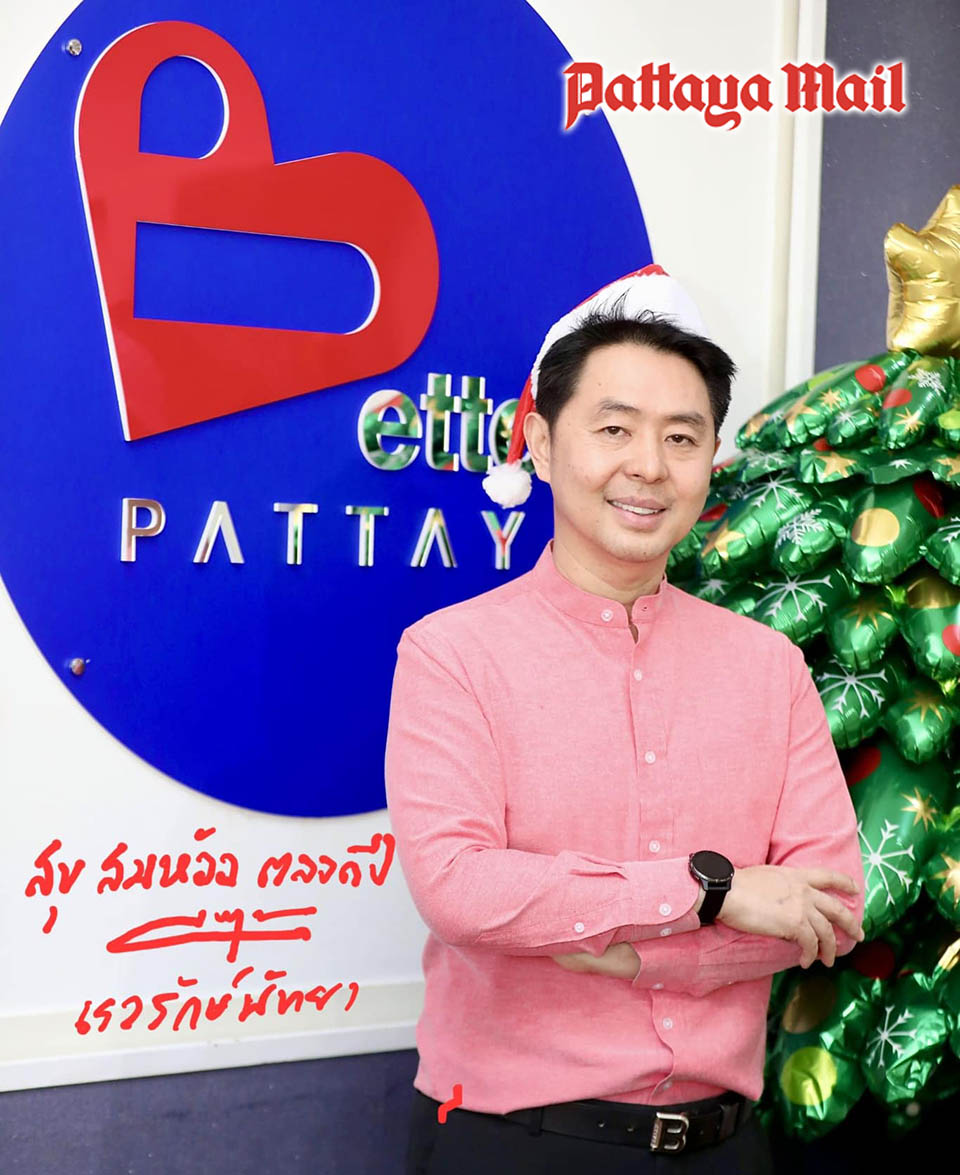
PATTAYA, Thailand – In Thai culture, there is a belief that luck plays a significant role in shaping one’s destiny and success. This belief can sometimes lead certain individuals to focus more on seeking luck through rituals, charms, or even begging, rather than relying solely on hard work. The concept of “khwan” (spirit) and “boon” (merit) is deeply embedded in Thai spirituality, where people believe that good fortune can be attracted through specific actions, such as offering prayers, making merit at temples, or performing rituals designed to invoke luck.
For some Thais, especially those facing difficult circumstances, the idea of luck provides hope in situations where hard work alone may not seem to yield immediate results. This belief in the power of luck over effort can be particularly appealing when people feel they have limited control over their environment or financial status.
Moreover, the influence of traditional Thai superstitions and the prevalence of amulets or talismans designed to bring good fortune can contribute to a cultural tendency to prioritize seeking luck. In some cases, people may feel that simply working harder isn’t enough to overcome the obstacles in their lives, so they turn to these practices in hopes of gaining that extra “lucky break.”
While hard work is still highly valued in Thai society, especially in professional and academic contexts, the belief in luck offers a psychological escape and sense of agency for those who feel they are not succeeding despite their efforts. This cultural dynamic has contributed to the occasional tendency among certain groups of people to beg for luck, rather than focusing solely on personal effort, especially in times of hardship or uncertainty.
























